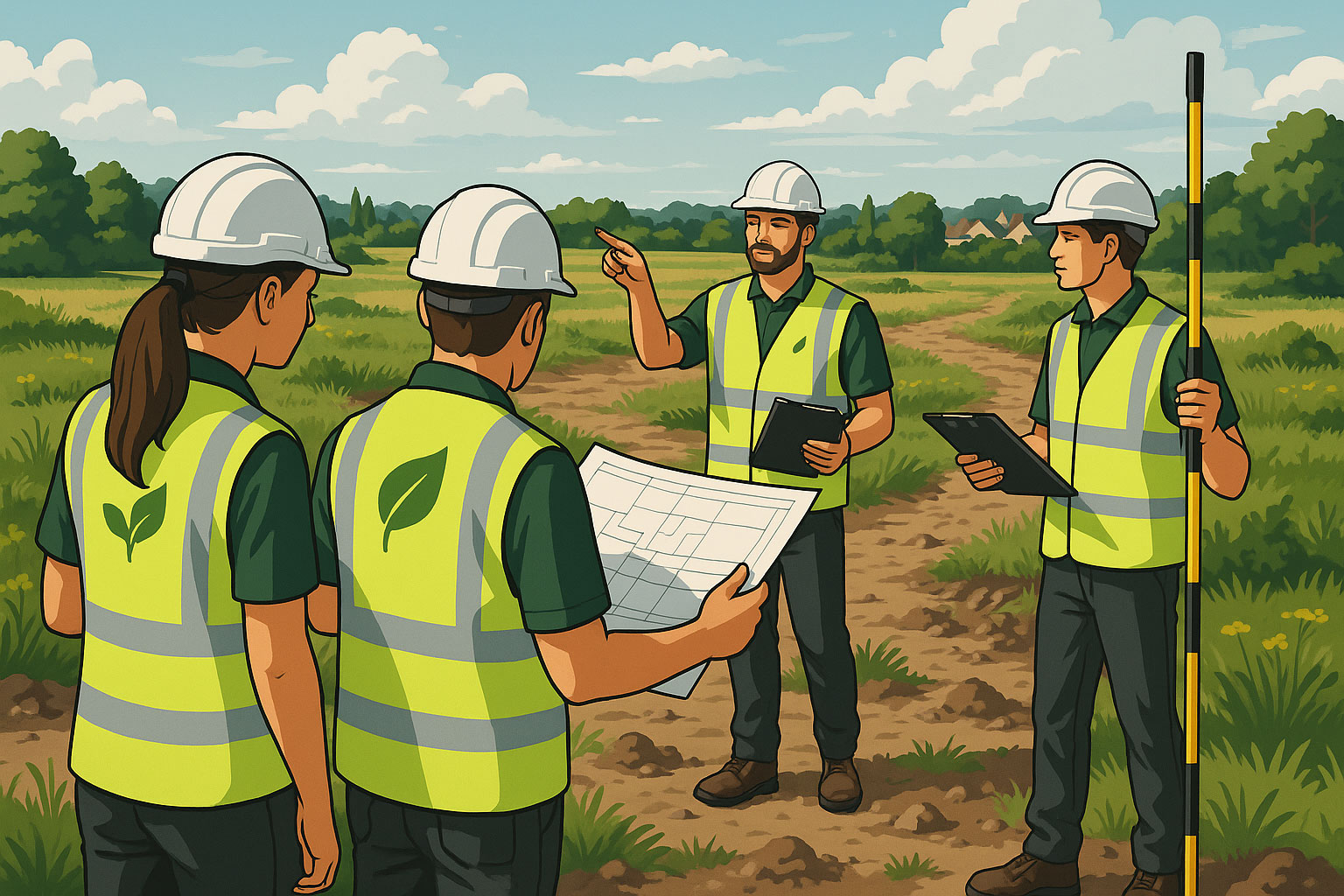
How a Phase 1 Desktop Study Supports Due Diligence in Property Transactions
A Phase 1 Desktop Study is an essential tool for buyers, sellers, and lenders involved in property transactions. With environmental regulations becoming stricter in 2025, due diligence is more important than ever. Failing to assess environmental risks before purchasing a property can lead to unforeseen liabilities, financial losses, and potential legal issues.
Why is a Phase 1 Study Important for Property Transactions?
- Risk identification: A Phase 1 Study helps uncover hidden environmental liabilities before closing a deal. Contaminated land can significantly impact property value and future development plans.
- Lender requirements: Many financial institutions require environmental assessments before approving loans for property purchases. If contamination is discovered later, lenders may reconsider their financing terms.
- Regulatory compliance: Governments and local councils have stringent environmental regulations, and failure to comply can result in fines, delays, or legal action.
- Cost savings: Identifying potential contamination risks early prevents expensive remediation costs and ensures a smoother property transaction process.
What Happens if Environmental Risks Are Found?
If a Phase 1 Desktop Study reveals potential contamination, the next step is often a Phase 2 Site Investigation, which includes soil and groundwater testing to confirm the presence of pollutants. If contamination is present, mitigation measures may be required before the property can be developed or resold.
Who Benefits from a Phase 1 Desktop Study?
- Buyers: Gain peace of mind and avoid purchasing land with hidden contamination.
- Sellers: Demonstrate due diligence and transparency, making the property more attractive to buyers.
- Lenders: Ensure the property is a secure investment without unforeseen environmental liabilities.
- Investors: Reduce risks associated with property acquisitions and future development projects.
Final Thoughts
A Phase 1 Desktop Study is a crucial component of due diligence in real estate transactions. Whether you’re buying, selling, or financing a property, an environmental risk assessment can safeguard your investment and ensure compliance with 2025 regulations.
🔗 Learn more: Environmental Risk Assessments for Property Transactions


